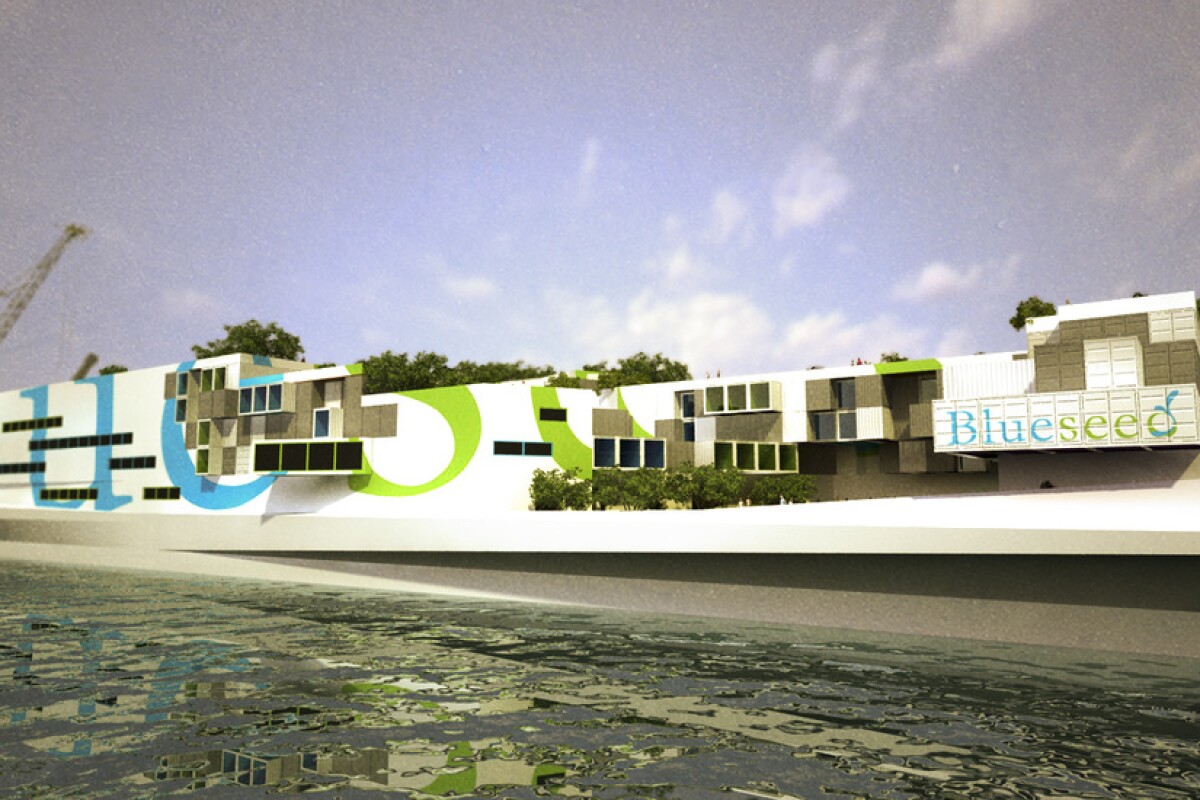
Paypal co-founder and billionaire Peter Thiel, who is currently the Seasteading Institute's "most generous funder" has continued his commitment to creating floating autonomous states by backing Blueseed. The new initiative hopes to create a floating "entrepreneurship and technology incubator" off the coast of San Francisco, allowing the next generation of creative entrepreneurs to legally develop new technologies without US working visas.
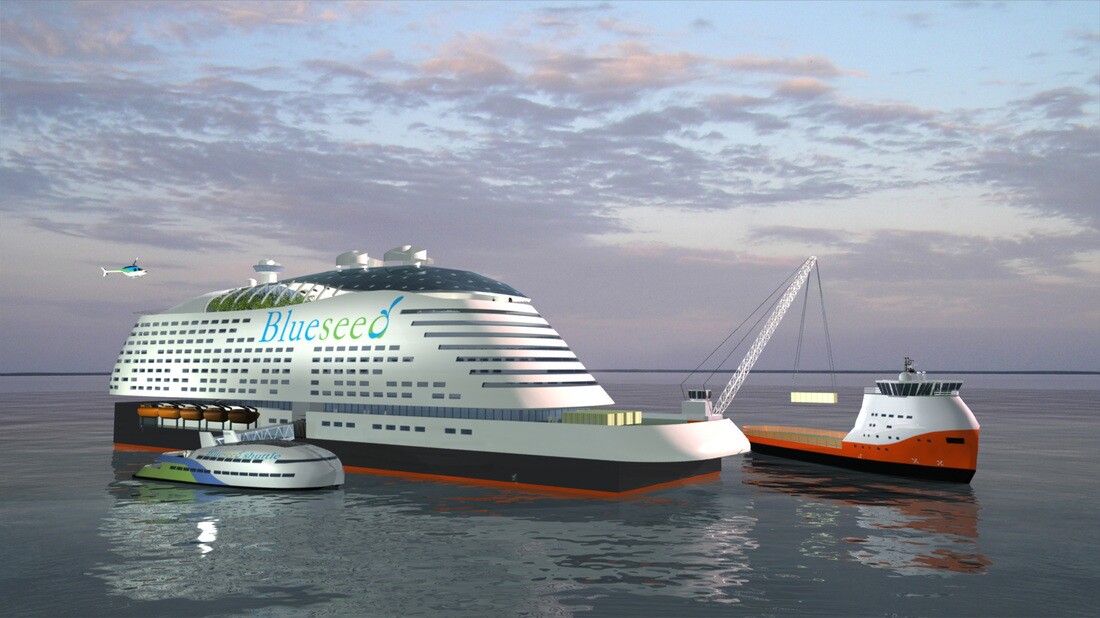
"Because of the United States' current immigration and regulatory regime, bold and creative entrepreneurs from around the world aren't given the chance to come to Silicon Valley and develop the technologies that could be creating jobs and propelling the economy forward" claims Blueseed. Thus "Blueseed aims to solve this problem so that Silicon Valley remains the world's center for innovation."
The Blueseed facility is effectively an office complex on a ship - a ship that hopes to permanently reside on international waters, a short ferry ride from the Silicon Valley. The project is planned to launch in 2013 and will provide living and office space in a modern "Googleplex of the Sea", as Blueseed CIO Dan Dascalescu put it to Wired. This visa-free high-tech environment is designed to nurture the development of new jobs, companies and innovative technologies from talented individuals from all over the globe.
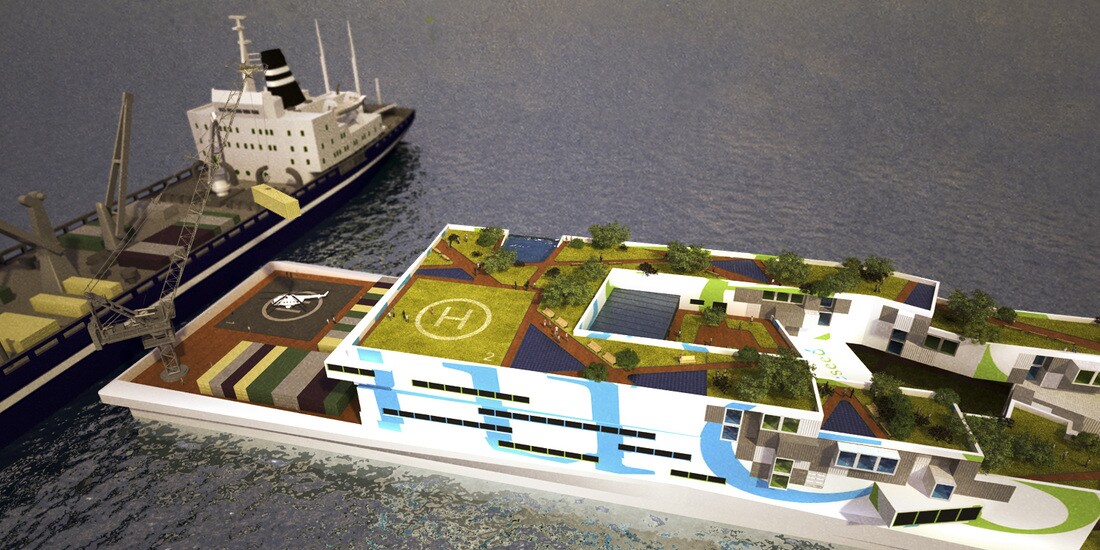
The development aims to provide a cost-effective and modern business environment and is set to include some impressive facilities:
Living quarters accommodating one to four people per room
Catering and food services at cafes and venues around the ship
Recreational facilities such as gyms, game rooms, and other entertainment venues
Customizable individual or group offices
High-speed Internet access
On-board convenience stores and post office
24-hour security and concierge
Medical services
Ferry services for on-board foreign national clients or US domestic commuters
While the idea does sound like Blueseed is opening its doors to anyone in the world, startup hopefuls will still need to enter the US to gain access to the Blueseed ship. In doing so they will need to enter with a B1 (business) or B2 (tourist) visa or a visa waiver (valid up to 90 days). Rent is estimated to start at US$1,200 per month and interested entrepreneurs can register online at Blueseed.
Source: Newatlas
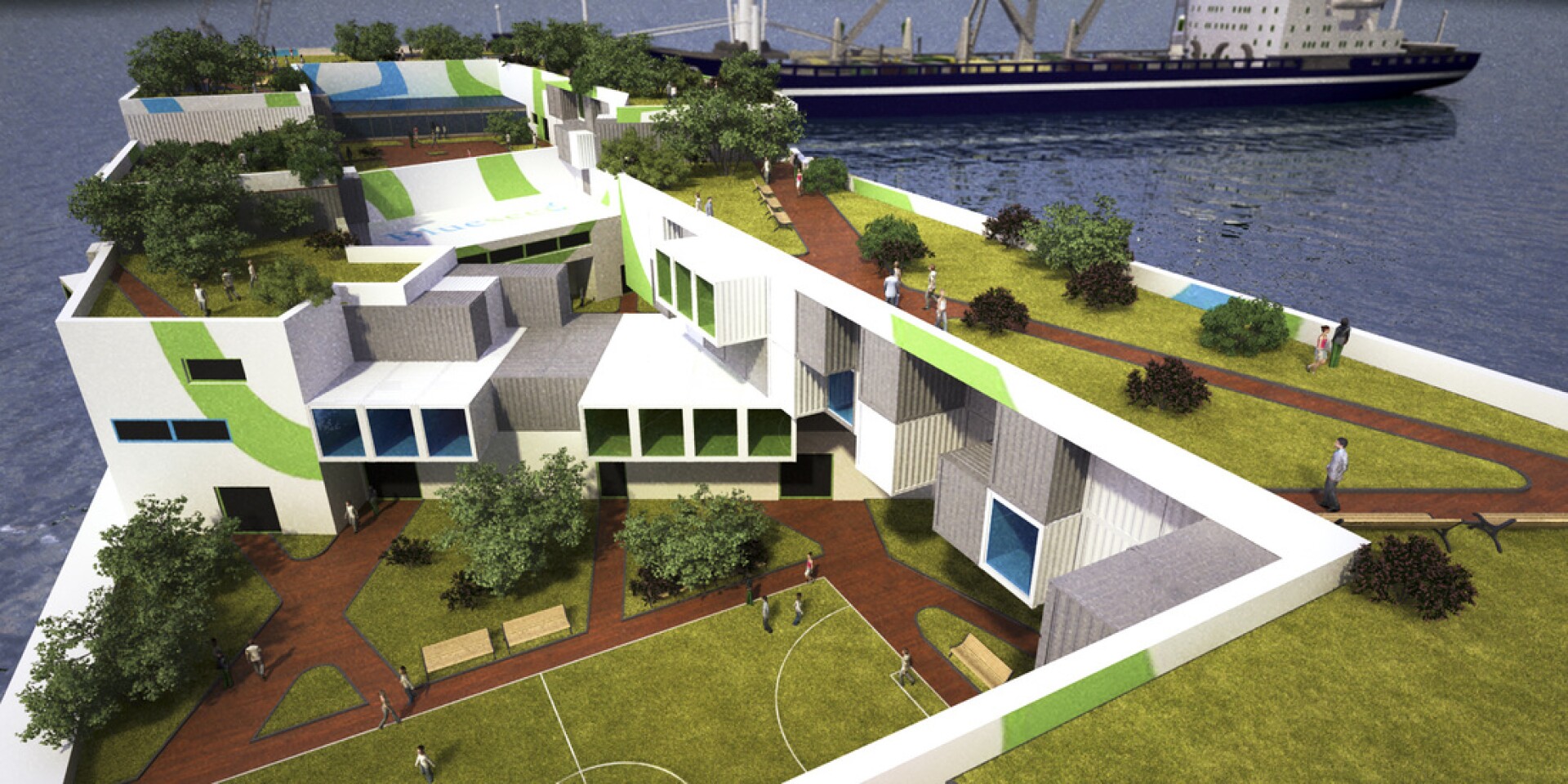
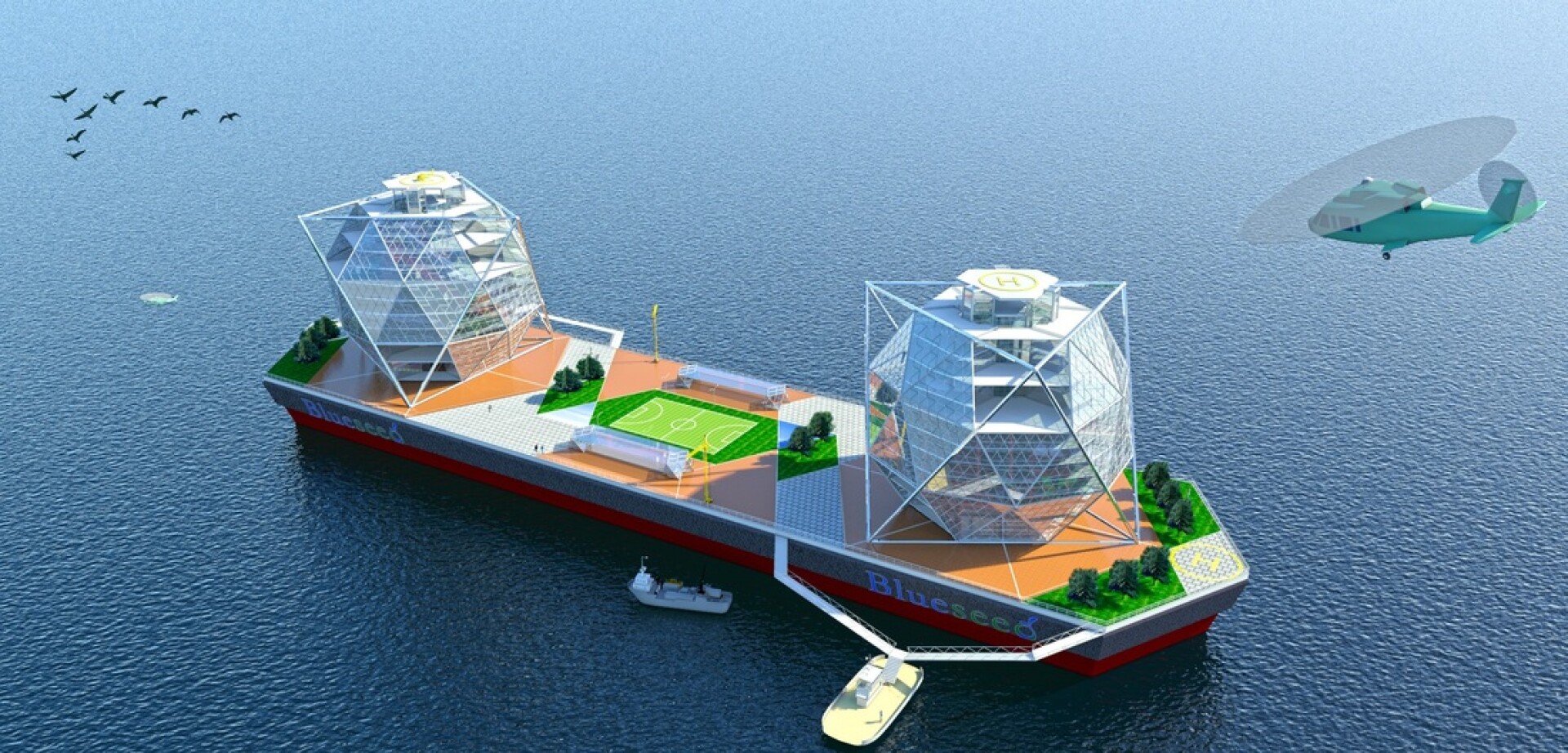
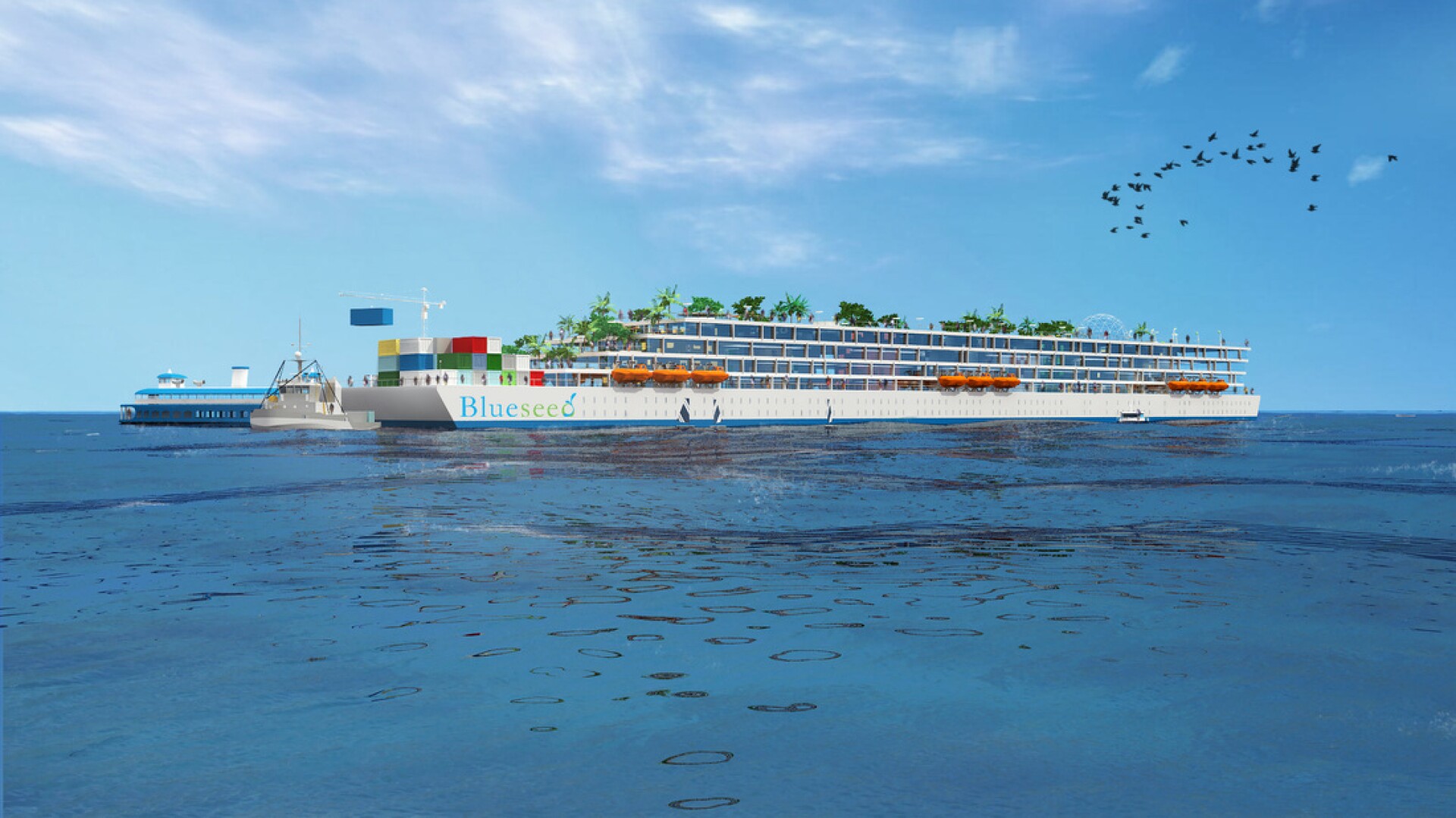
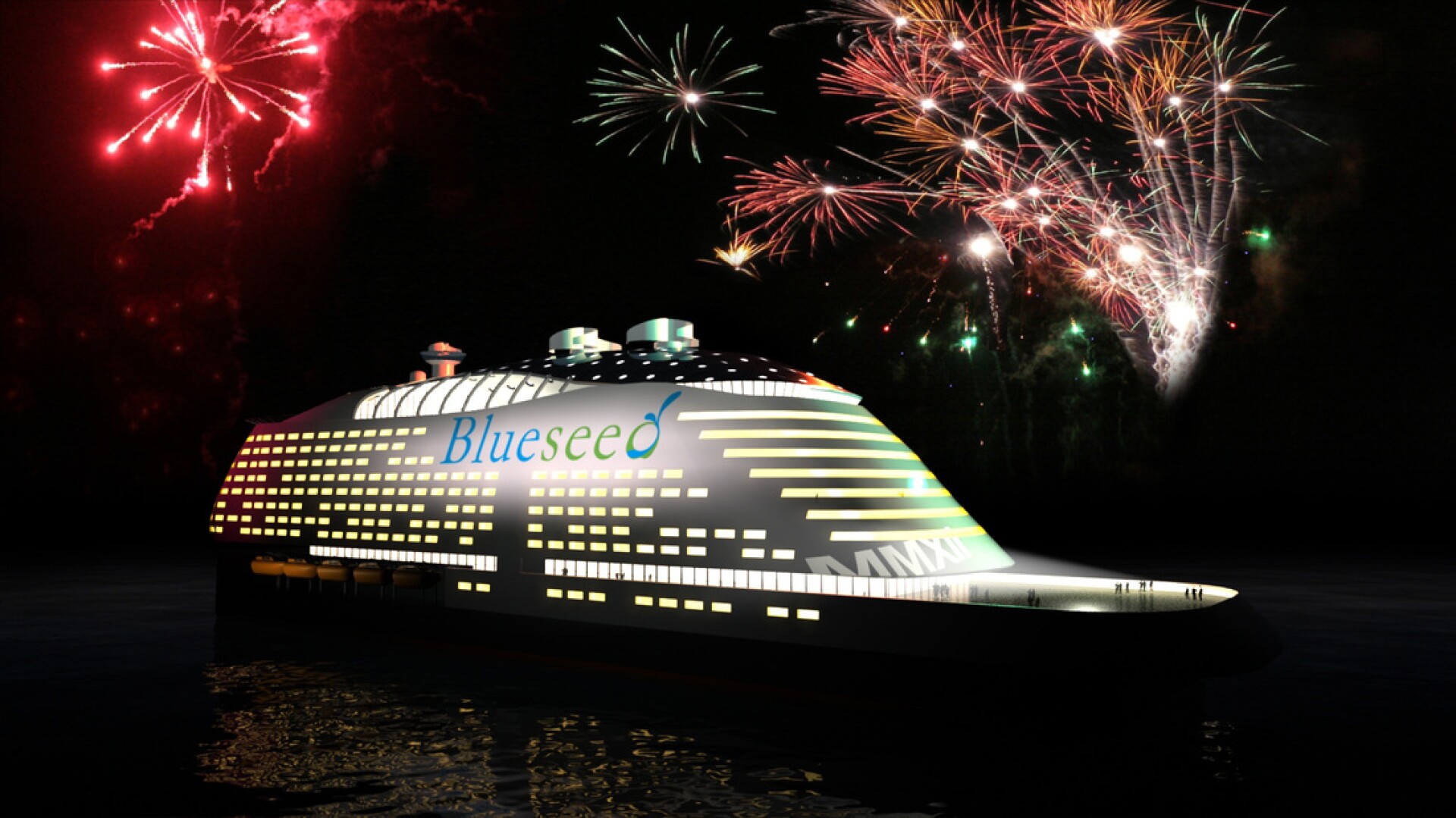
Comments
Post a Comment